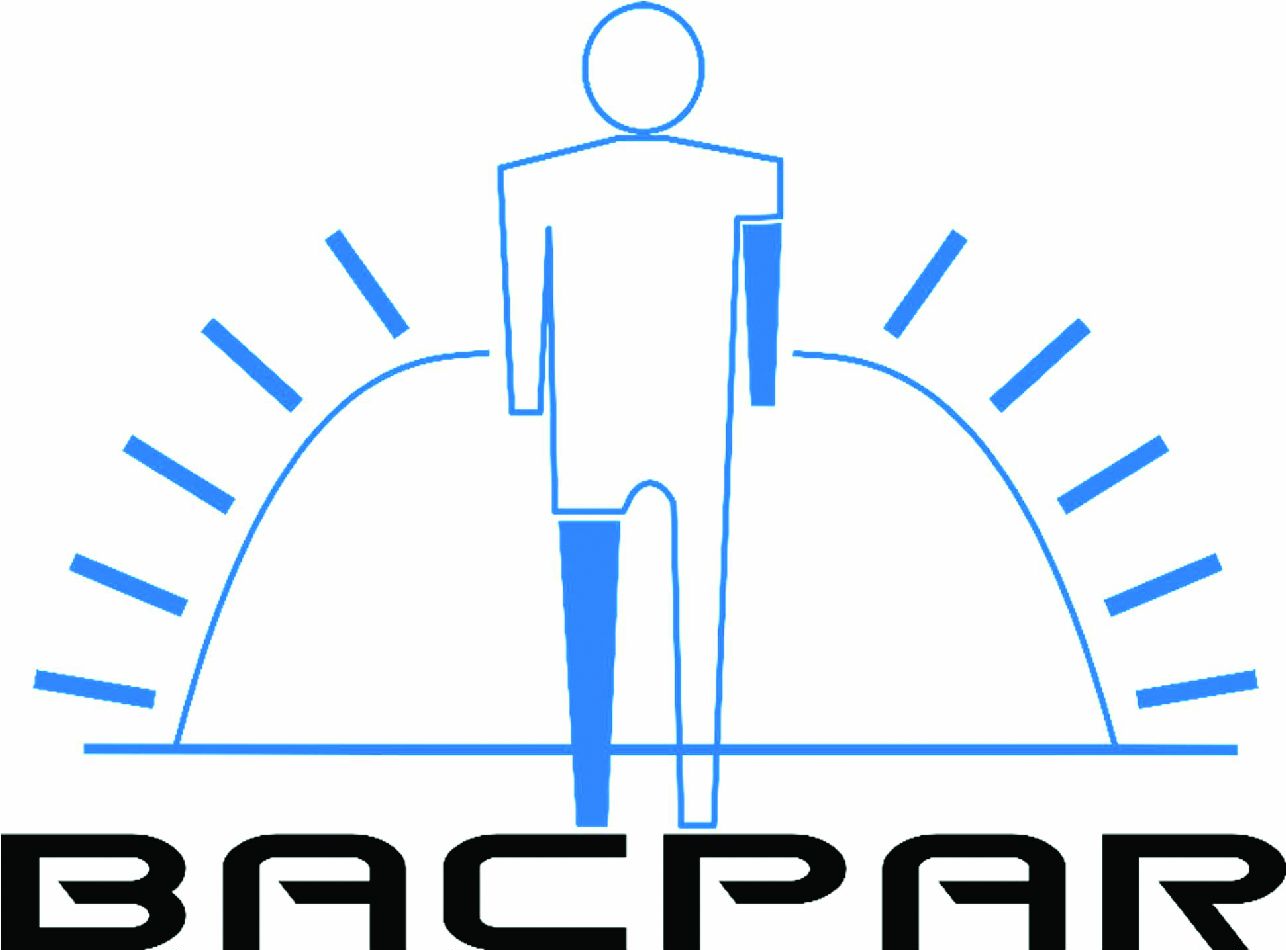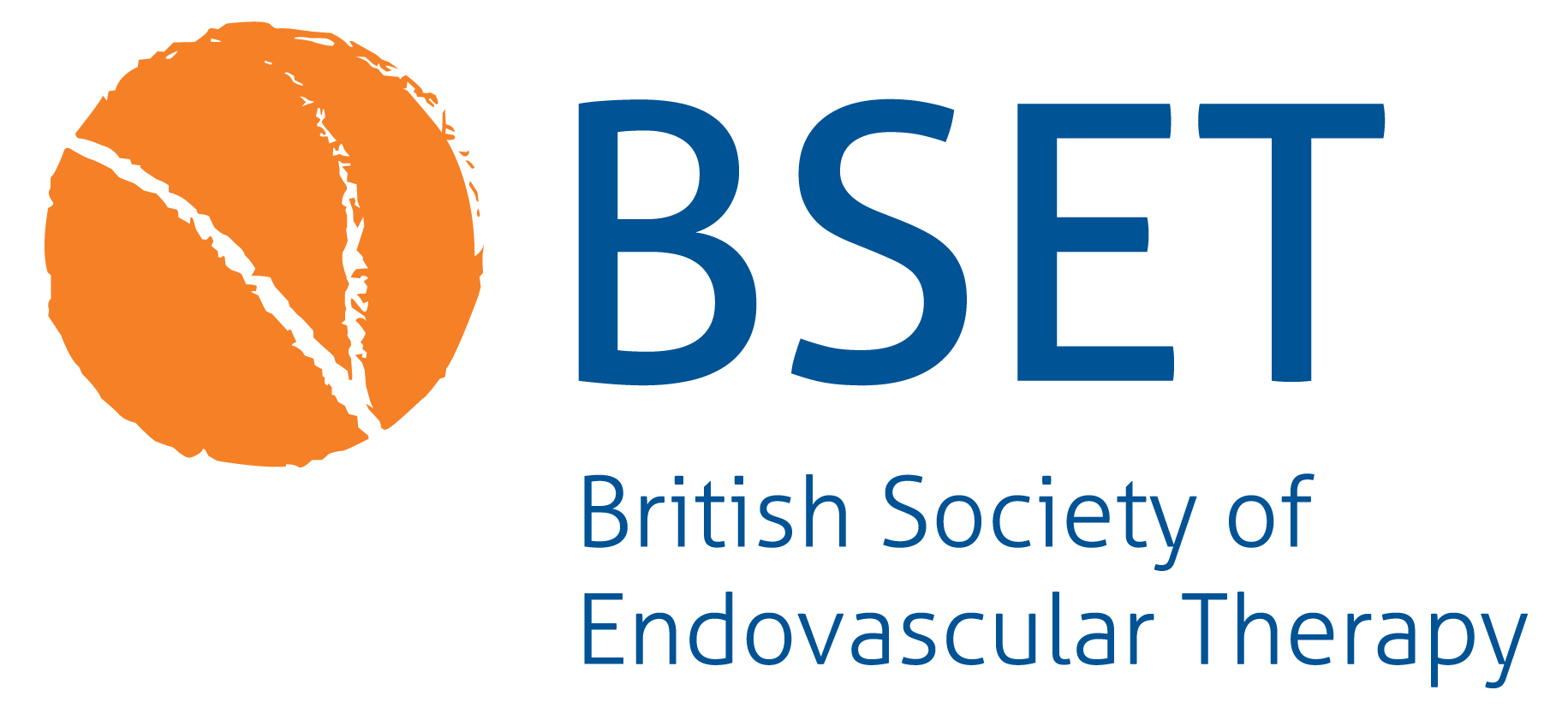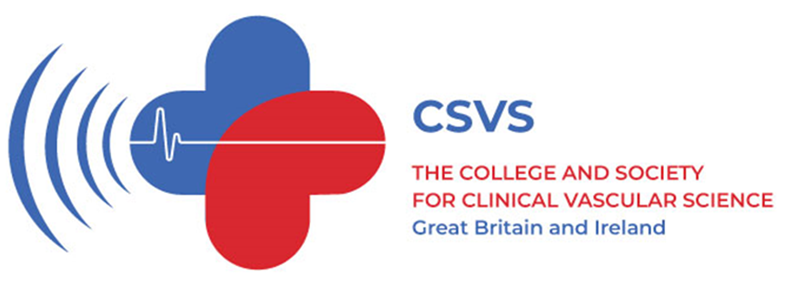Editorial
Supervised exercise therapy apps for claudication
Peripheral arterial disease (PAD) has been recognised as a healthcare burden affecting up to 5.56% of the global population over 25 years of age.1 Intermittent claudication (IC) is often debilitating and results in reduced physical activity which is associated with increased cardiovascular disease and all-cause mortality.2,3 Early identification and management of PAD is essential to…
The journey to greener vascular surgery
The consequences of climate change pose a significant threat to health and healthcare systems globally. The increase in air pollution, temperatures and natural disasters along with the shift in patterns of infectious disease are leading to an increased disease burden.1,2 Unless urgent action is taken to mitigate climate change, the health consequences are projected to…
Repairing the vascular surgery workforce: attract, recruit and retain
Vascular surgery manages diseases of the arteries, veins and lymphatics, and with a growing and more aged population, both the prevalence and frequency of intervention for vascular disease is increasing.1–3 Healthcare in general, and vascular surgery in particular, is experiencing acute on chronic workforce shortages which threaten the delivery of vascular services worldwide.3-5 Health systems…
Frailty in peripheral arterial disease
Introduction It has been consistently demonstrated that frail vascular patients have poorer outcomes compared with their robust counterparts.1 Consideration of frailty is particularly important, not only as our population continues to age but as advances in anaesthetic, surgical and endovascular techniques are enabling a broader range of interventional options for those people who may have…
The CRG for Vascular Services
The last decade has witnessed a number of changes in the delivery of vascular services nationwide. Vascular surgery attained speciality status in 2012, and is well recognised as an urgent and emergent speciality delivering time-dependent care for patients with aortic aneurysms, carotid surgery for stroke prevention and lower limb revascularisation for critical limb-threatening ischaemia. The…











